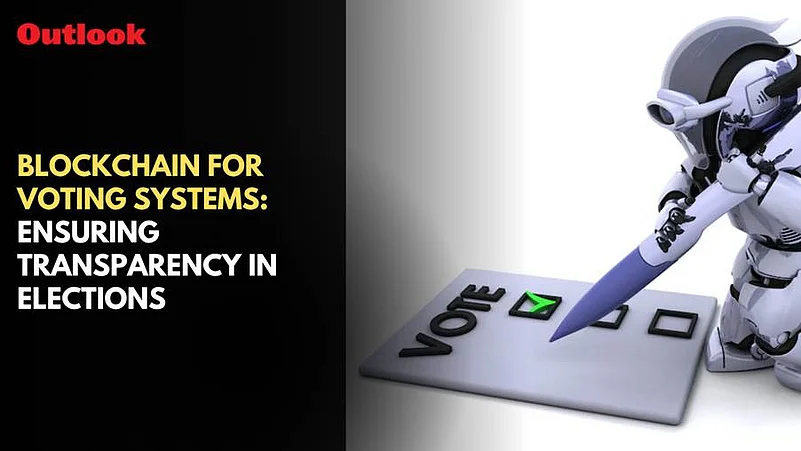The concept of voting is the backbone of any democratic system. Yet, in most of the world, voters tend to doubt whether their vote actually counted. Faith in electoral systems has turned into a rising issue, particularly with increasing reports of tampering, fraud, or clerical mistakes. With technology evolving by the minute, most experts today are looking into how blockchain can provide a more secure, transparent, and reliable way of voting.
Blockchain is most commonly linked with cryptocurrencies such as Bitcoin, yet its full potential extends well beyond the confines of digital currency. It is a technology that records data in a format that prevents it from being altered or hacked. Using this type of technology for voting systems can assist in making democratic processes more secure, transparent, and tamper-proof.
What Puts Traditional Voting Systems at Risk
In most of the existing voting systems today, physical ballots and electronic machines are employed. Though they have been serving us for decades, the said systems are not flawless. Counting errors, missing ballots, impersonation of voters, and even alleged manipulation of votes are just some of the things that would erode public confidence. On top of that, centralizing the voting information – in which there is a central server or authority that keeps and holds all the vote records – has the issue of creating one point of failure. If a hacker or malicious actor can get into that system, they can hack or manipulate the entire election.
In short, individuals are increasingly calling for more transparency, accuracy, and timely openness from vote systems. This is where blockchain comes in.
How Blockchain Technology Can Help
Blockchain is a form of digital record book that houses information on a network of computers instead of in a single location. Data that is entered into a blockchain cannot be altered without changing all the records on the system – something that is virtually impossible. This makes it the perfect tool for protecting votes.
A voting system on the blockchain would register each vote as a distinct entry on a shared ledger. Each vote would be encrypted and stamped with a time to ensure it was only cast once and nobody could tamper with it afterwards. As the blockchain is accessible to all parties, everyone can check for the integrity of the election without being privy to individual voters' identities. This builds a system in which trust is not established through promises made by people but through the design of technology.
In addition, blockchain will offer voters the instant certainty that their ballot was both captured and counted. Concurrently, the system may keep full confidentiality, as the actual vote remains encrypted and does not connect to the voter's identity.
Addressing the Concerns
Although the concept sounds great, blockchain voting is not without its challenges. Internet penetration remains low in most regions globally, and not all people are tech-savvy with respect to using online platforms. Moreover, the technical nature of blockchain technology may render it unclear to the general public how the system actually functions, which can create mistrust.
There are security concerns in the devices people use to vote as well, such as computers or smartphones. If the devices are being hacked or have malware installed, even the safest blockchain system can be compromised.
To go forward with blockchain voting, these concerns have to be met by a careful balance of public education, strong cybersecurity procedures, and development of digital infrastructure. The system not only should be secure, but also must be straightforward enough so that people can utilize it confidently.
The Road Ahead for Blockchain Voting
The voting of the future is not distant from our phone. If the blockchain voting system were properly implemented, it would eliminate lengthy queues in polling stations, facilitate easy participation by people with disabilities or those residing abroad, and above all, instill trust in the election process.
But establishing such a system will take concerted efforts by governments, technologists, and civil society. Piloting, testing, and iterating the system in small elections may be a cautious initial step before ramping it up to national elections. With careful planning and disclosure, blockchain has the potential to be a useful instrument in enforcing the fundamental values of democracy.
It's worth noting that technology is not the solution to all problems in the electoral process. Human duty, moral leadership, and good governance will never be redundant. But with the appropriate setup, blockchain can complement these actions by offering a solid digital foundation that guarantees each vote counts, and each voice is heard.

























